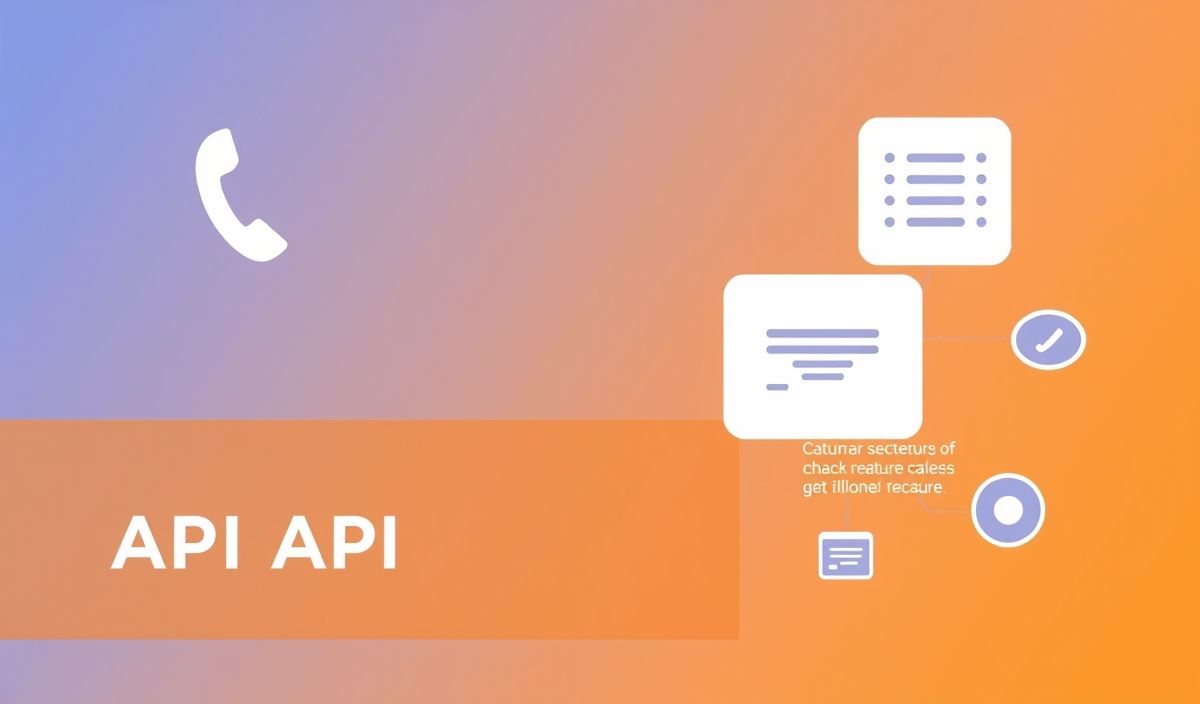Introduction to Google Closure Compiler
Google Closure Compiler is a powerful tool for JavaScript optimization. It allows developers to reduce the size of their JavaScript files and boost the performance of their web applications. This guide aims to provide an in-depth look at the various APIs offered by Google Closure Compiler, with practical examples and an application demonstration.
API Examples
1. Compiling Simple JavaScript
You can compile a basic JavaScript code using the following API:
java -jar compiler.jar --js example.js --js_output_file example-compiled.js2. Advanced Optimizations
To apply advanced optimizations, the compilation_level flag can be set to ADVANCED_OPTIMIZATIONS as shown below:
java -jar compiler.jar --compilation_level ADVANCED_OPTIMIZATIONS --js example.js --js_output_file example-compiled.js3. Using Externs
Externs define external variables that are present in the execution environment, allowing you to avoid warnings or errors. Example usage:
java -jar compiler.jar --js example.js --externs externs.js --js_output_file example-compiled.js4. Generating Source Maps
Generating source maps is useful for debugging compiled files:
java -jar compiler.jar --js example.js --create_source_map ./example.map --js_output_file example-compiled.js --source_map_include_content5. Checking for Warnings
You can check for warnings during the compilation process:
java -jar compiler.jar --warning_level VERBOSE --js example.js --js_output_file example-compiled.js6. Dead Code Removal
The compiler removes redundant code. For instance:
java -jar compiler.jar --compilation_level ADVANCED_OPTIMIZATIONS --js example.js --js_output_file example-compiled.js7. Type Checking
With Closure Compiler, you can perform type checking to catch errors early:
java -jar compiler.jar --js example.js --js_output_file example-compiled.js --warning_level VERBOSE --language_in ECMASCRIPT6_STRICT8. Using Annotations
Annotations help to provide additional information to the compiler. Example:
/**
* Adds two numbers.
* @param {number} a
* @param {number} b
* @return {number}
*/
function add(a, b) {
return a + b;
}
Application Example
Let’s build a simple web application that utilizes these APIs to demonstrate their effectiveness:
// hello_world.js
/**
* Greets the user.
* @param {string} name
*/
function greet(name) {
console.log('Hello, ' + name + '!');
}
greet('World');
java -jar compiler.jar --js hello_world.js --js_output_file hello_world-compiled.js --compilation_level ADVANCED_OPTIMIZATIONSAfter compiling the JavaScript file, you can include it in your HTML:
<!DOCTYPE html>
<html lang="en">
<head>
<meta charset="UTF-8">
<title>Hello World Application</title>
</head>
<body>
<h1>Google Closure Compiler Example</h1>
<script src="hello_world-compiled.js"></script>
</body>
</html>
This example demonstrates the efficient optimization capabilities of Google Closure Compiler.
Hash: 0433713c6ab110e9368283e61127e1a14d4d5e80c66576e4e5377abbfa356134




